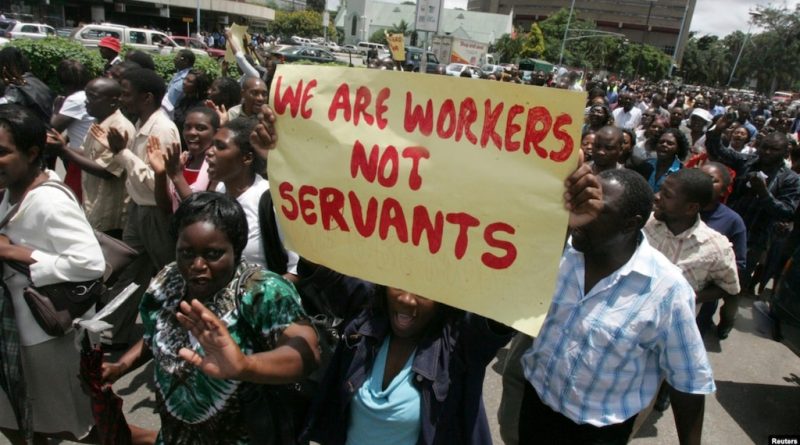Civil servants ill-prepared for life after work
A majority of civil servants are not prepared to face life after retirement, prompting the Public Service Commission (PSC) to establish a new stand-alone department tasked with assisting public sector workers on retirement issues.
This emerged during a three-day Public Service Retirement Conference, which ended in Bulawayo on Friday.
PSC chairman, Dr Vincent Hungwe, said a research conducted by the Commission revealed a worrying trend that civil servants were not prepared to start a new life after retirement.
“It has been established through research colleagues that the majority of public service employees are not prepared for retirement,” he said.
“The Public Service Commission has henceforth taken deliberate efforts to mitigate this situation and a stand-alone department on retirement planning has been established within the Public Service Commission secretariat charged with the responsibility of policy development with regard to retirement planning, retirement programming, and implementation management modalities for making retirement planning a sustainable enterprise,” said Dr Hungwe.
He also said the Commission will be conducting educational programmes for its workers in various sectors to make sure that they are kept on their toes on the need to prepare for retirement.
Dr Hungwe said the PSC was riding on the Retirement Module produced last year to equip workers with opportunities and skills they can harness to enhance their income base.
“The Public Service Commission, therefore, intends to make sure that there is continuous retirement education throughout a public servant’s career starting with a mandatory induction training on retirement planning upon joining service,” said Dr Hungwe.
“Retirement education programmes will be introduced at the different career stages of each and every employee within the public sector, entry level, mid-career and pre-retirement levels.
“Efforts are also underway to develop a retirement policy, which should provide a guiding framework for retirement planning in the service.”
“Our approach is to ensure that all stakeholders are consulted and given an opportunity to give insights to this policy development process and this conference, therefore, provides such an opportunity.”
Dr Hungwe said the evolving demographic and labour force changes occasioned by prevalence of early onset of chronic diseases, outward migration of skilled human capital, drug and substance abuse menace, increasing informality of the economy and the recent shift in retirement age, have had significant impact on retirement planning.
As a result, he emphasised the need for crucial retirement planning mainstreaming to address these challenges.
“Fiscal constraints and the macro-economic dynamics have a defining impact on retirement planning as they have a bearing on the ability to meet retirement benefits of our employees on retirement,” said Dr Hungwe.
“There is a need, in my view, for collective efforts to ensure the continued stability of the macro-economic fundamentals to reduce uncertainty for retirees.
“The future we envision is one where every public servant retires with dignity, security and hope supported by sound policies, sustainable initiatives and opportunities to thrive beyond the workplace.
“Our women and men that give their best years in service to the nation, teaching, healing the sick, protecting, building and giving service to the citizens, deserve our collective responsibility for their future well-being.” Sunday News




